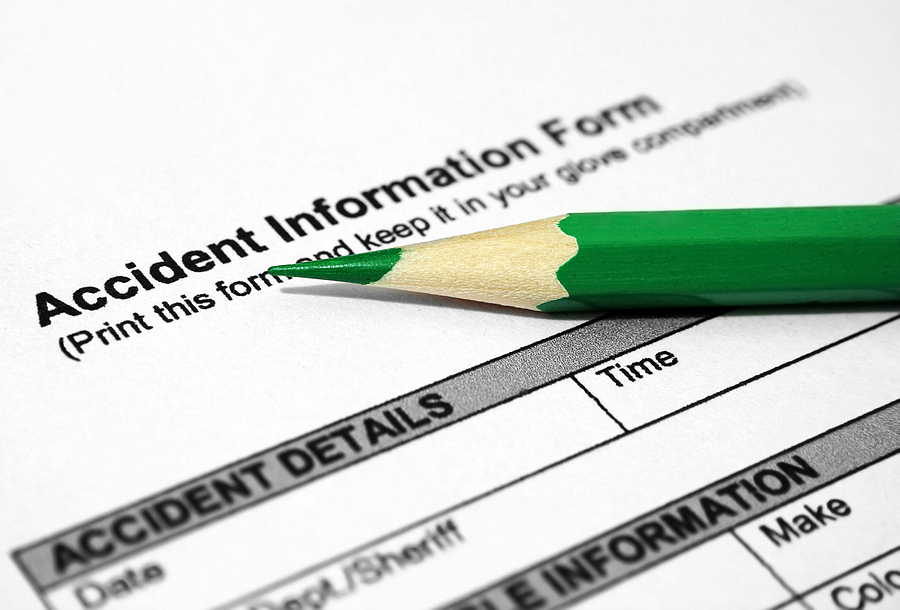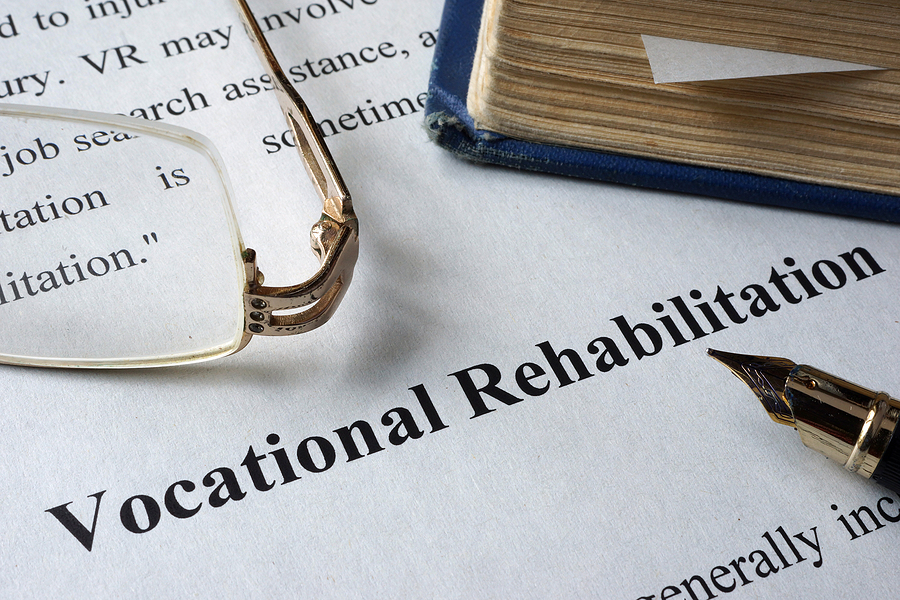Sustaining an injury at work can be a distressing experience, not just physically but also emotionally and financially. In the state of Indiana, understanding your rights and the steps to take immediately following a workplace injury is paramount to ensure your well-being and secure your rights. This blog post aims to guide you through the essential actions you should undertake after experiencing an injury at work.
From seeking medical attention to filing a worker’s compensation claim, we will provide you with the crucial information needed to navigate this challenging situation. Whether you’re dealing with a minor injury or facing a more severe situation, knowing these steps can significantly impact the recovery process and the compensation you receive.

What to Do After You a Work Injury
Report the Injury to Your Employer
It’s crucial to report the injury to your employer as soon as possible. Failure to do so may result in a denial of worker’s compensation benefits. When reporting the injury, make sure to provide detailed information about how and where the accident occurred and any noticeable symptoms or limitations you are experiencing. It’s also essential to keep a copy of this report for your records.
Seek Medical Attention Immediately
Seek medical attention. No matter how minor or severe the injury may seem, it’s essential to get checked by a healthcare professional as soon as possible. Not only will this ensure that you receive proper care and treatment for your injury, but it will also create an official record of your injury, which may be needed for future legal proceedings. Additionally, delaying medical treatment can worsen the injury and prolong your recovery time, potentially affecting your ability to return to work.
File a Worker’s Compensation Claim
In Indiana, most employers are required to carry worker’s compensation insurance, which provides benefits to employees who suffer work-related injuries or illnesses. To file a worker’s compensation claim, you must submit an Application for Adjustment of Claim form within two years from the date of the injury. This form can be obtained from your employer or the Worker’s Compensation Board of Indiana website. It’s crucial to complete this form accurately and include all relevant information, including your medical records and any expenses related to your injury. It is best to hire an Indianapolis workers’ compensation lawyer and let them do this for you so mistakes are not made.
Hire an Attorney
Dealing with a workplace injury can be complex, especially when it comes to navigating the worker’s compensation system. If you encounter any challenges during the process or feel overwhelmed by the legalities involved, consider hiring an experienced worker’s compensation attorney. They can provide you with valuable guidance and support, ensuring that your rights are protected and you receive the compensation you deserve. It is always best to at least speak with an attorney as soon as possible after your initial injury.
Keep Detailed Records
Throughout the entire process of dealing with a workplace injury, it’s vital to keep detailed records of all communication, medical treatments, expenses, and any other relevant information. These records can serve as evidence and support your case, especially if any disputes or discrepancies arise. They can also help you track the progress of your injury and recovery.
Follow Your Doctor’s Recommendations
Lastly, it’s crucial to follow your doctor’s recommendations for treatment and recovery. This includes attending all follow-up appointments, taking prescribed medications, and following any limitations or restrictions set by your doctor. Not only will this aid in your recovery, but it will also show that you are taking the necessary steps to get back on your feet and return to work. Although life happens, it is best to get to all your appointments as much as possible.
Quick FAQs About Workplace Accidents and Injuries
Can I get workers’ compensation if I’m injured on the job?
In Indiana, most employers are required to provide workers’ compensation insurance for their employees. This means that if you get injured while performing work-related duties, you may be entitled to receive benefits through the workers’ compensation system.
Workers’ compensation is a type of insurance that provides financial and medical benefits to employees who have suffered work-related injuries or illnesses. These benefits can include coverage for medical expenses, lost wages, and even vocational rehabilitation services if the injury prevents the employee from returning to their previous job.
To be eligible for workers’ compensation in Indiana, there are a few requirements that you must meet. First, your employer must have workers’ compensation insurance coverage. This includes all employers with one or more employees, whether they are full-time, part-time, or seasonal. Second, your injury must have occurred while you were performing work-related duties. This means that if you were injured while on a break or not performing job-related tasks, you may not be eligible for workers’ compensation.
Who is responsible for ensuring workplace safety?
The responsibility of ensuring workplace safety falls on the shoulders of everyone involved – from employers to employees. It is a collective effort that requires cooperation and commitment from all parties but in the end it is the employer.
Employers have a legal obligation to provide a safe working environment for their employees. This includes identifying potential hazards, implementing safety policies and procedures, providing proper training and equipment, and regularly assessing and improving workplace safety measures.
Employees also have a responsibility to take care of their own safety and that of their colleagues. This includes following safety protocols, reporting any hazards or incidents, and participating in safety training programs.
Furthermore, regulatory bodies such as OSHA (Occupational Safety and Health Administration) play a crucial role in ensuring workplace safety by setting standards and conducting inspections to ensure compliance.
In Summary
By following these crucial steps after experiencing a workplace injury in Indiana, you can ensure that your rights are protected and receive the necessary support to help you recover. Remember, seeking medical attention immediately, reporting the injury to your employer, and filing a worker’s compensation claim are fundamental steps that can make all the difference in your recovery process, both physically and financially.
Don’t hesitate to seek legal guidance to ensure your well-being and secure your rights. Contact Craven, Hoover & Blazek, P.C. at 317-881-2700 to schedule a free initial consultation with seasoned workplace accident attorneys in Indianapolis, Indiana. We do not require any upfront lawyer fees, and only get paid if we recover a settlement or an award for you.
Related Posts:
Do I Notify OSHA if Injured at Work Due to a Safety Violation?
How to Successfully File a Workers’ Compensation Claim in Indiana
Vocational Rehabilitation After a Workplace Injury: A Guide for Injured Workers

